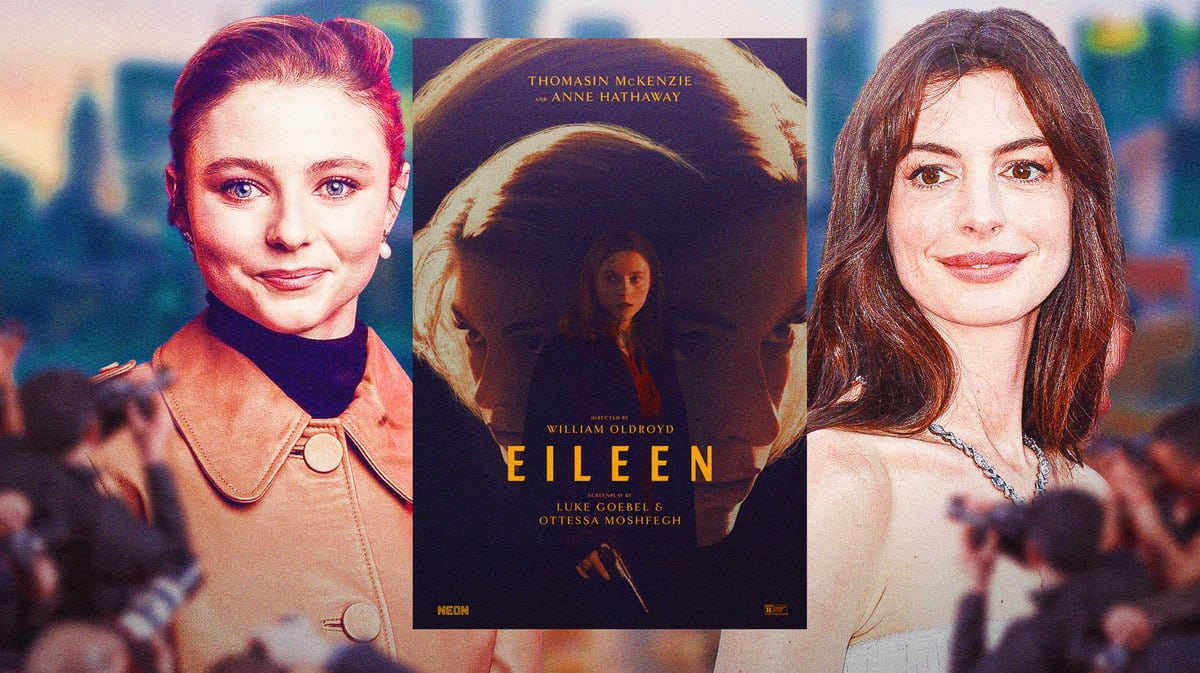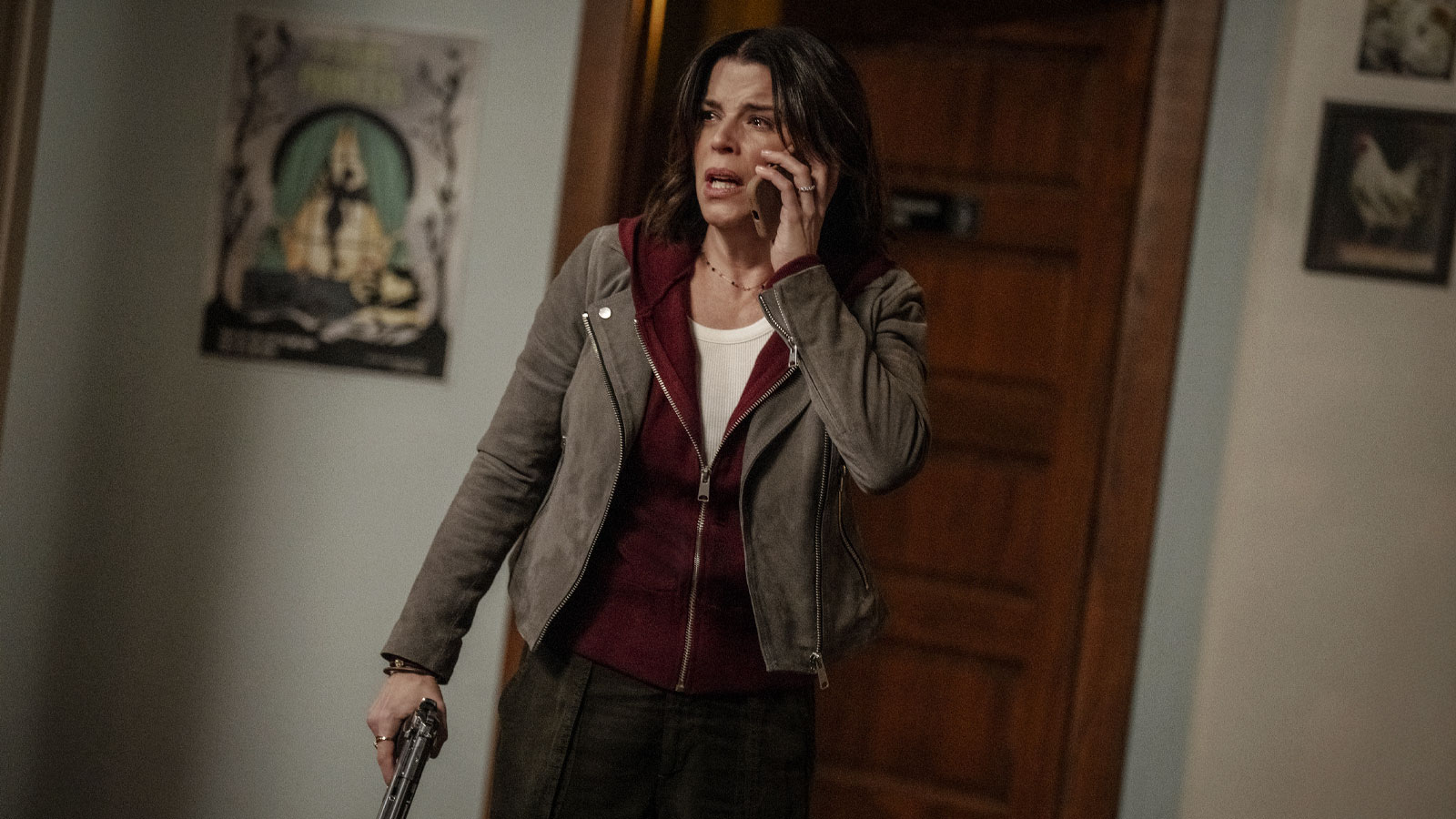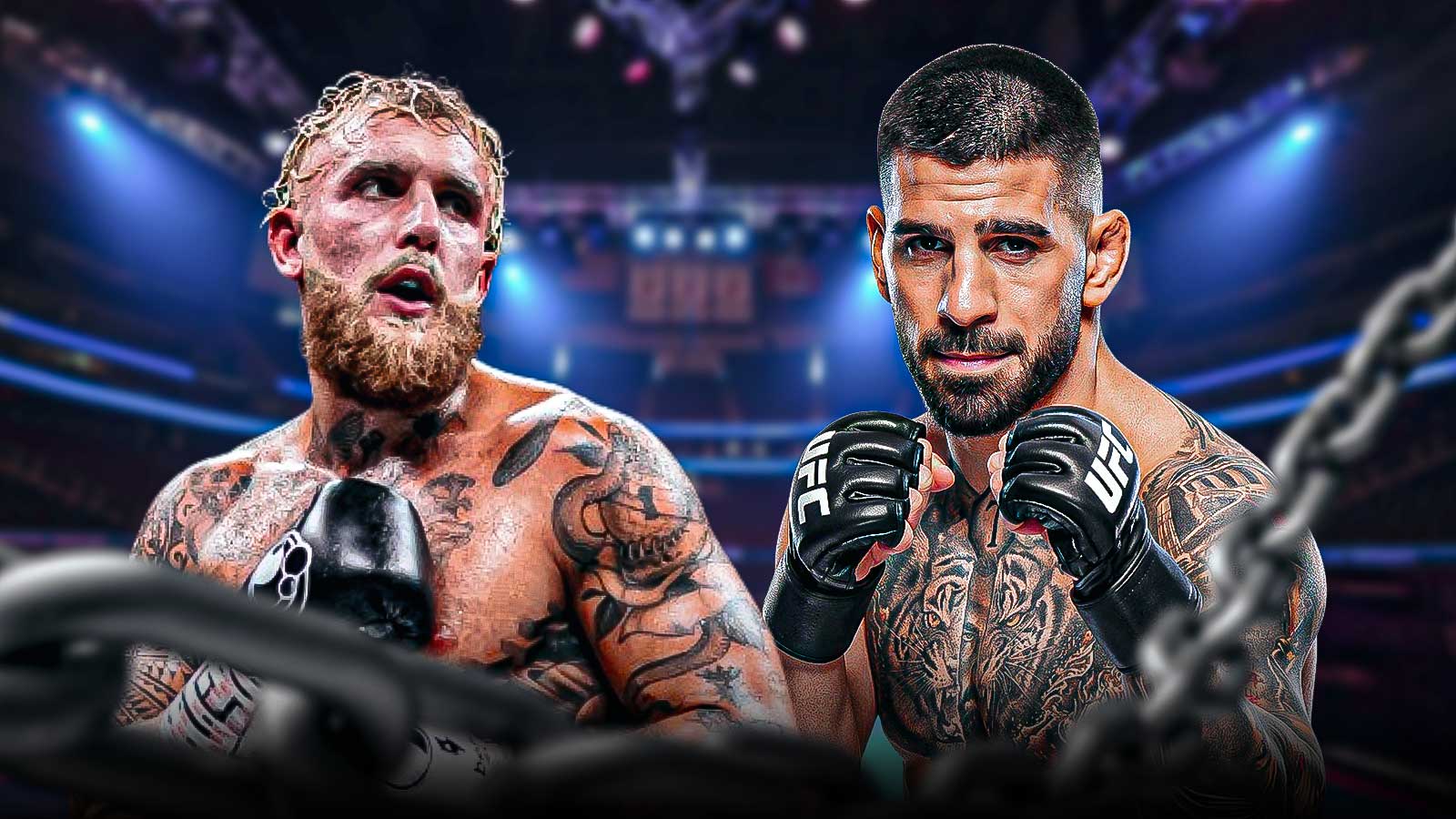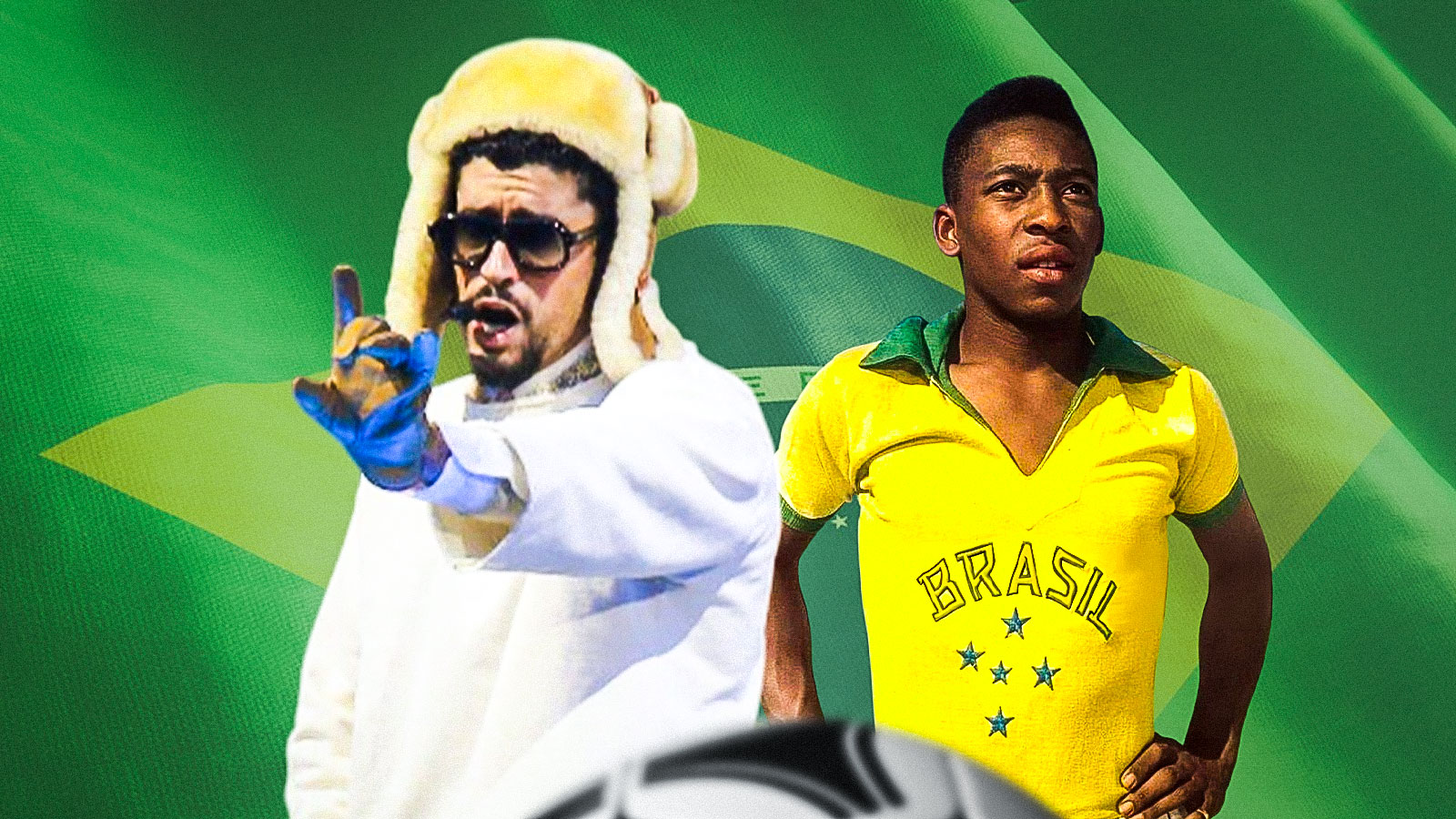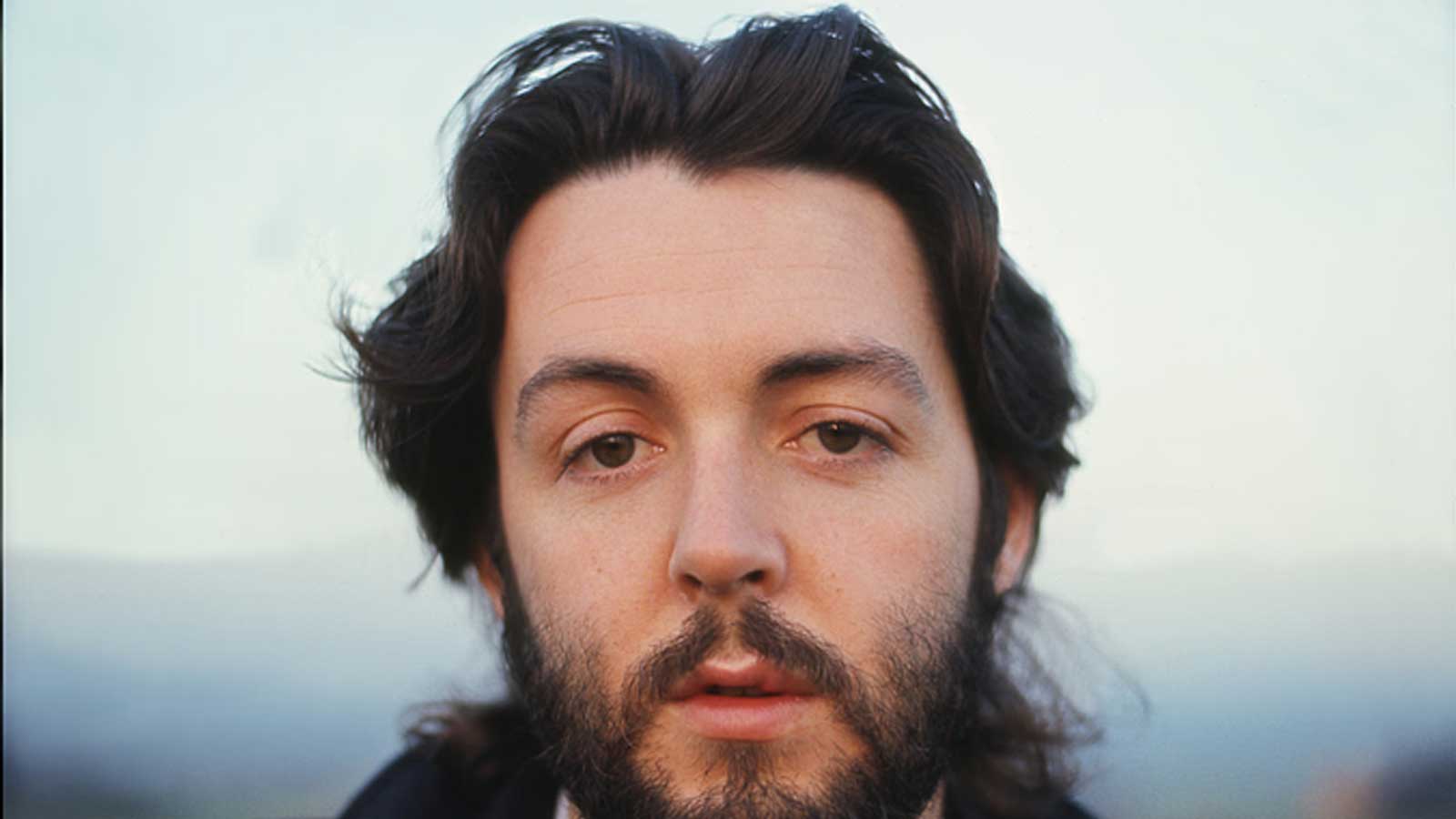Eileen is one of 2023's most haunting films.
The film follows a young woman, Eileen (Thomasin McKenzie), who works in a prison. One day, a young and captivating counselor named Rebecca (Anne Hathaway) joins the team.
There is some tension between the two, as Rebecca begins taking Eileen under her wing. This ultimately leads to some disturbing revelations that the two uncover.
ClutchPoints got to speak with director William Oldroyd and screenwriters Ottessa Moshfegh and Luke Goebel. The latter two are a couple, with the former writing the novel that Eileen is based on. They discussed creating the noir look of the film, adapting Moshfegh's novel, and the “mind-blowingly” perfect castings of McKenzie and Hathaway.
Ottessa Moshfegh, William Oldroyd, Luke Goebel-Eileen interview
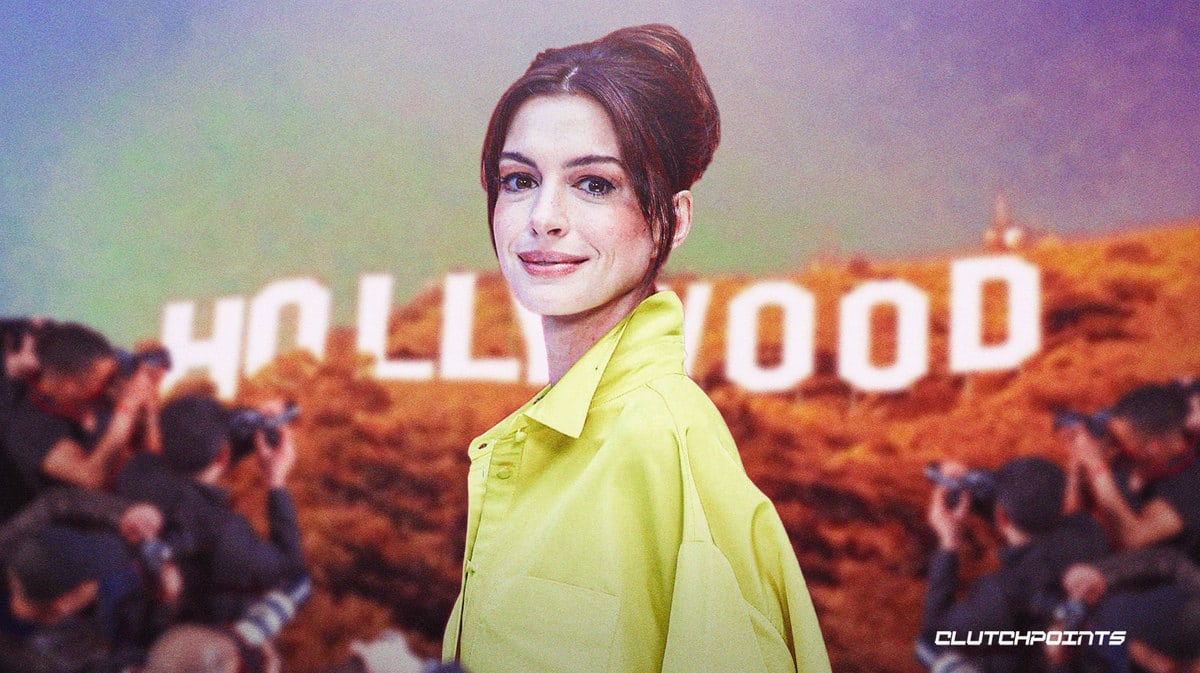
ClutchPoints: Ottessa, specifically for you, Eileen was your first novel. So I'm curious how over the last almost decade you've evolved as a writer in your own estimation.
Ottessa Moshfegh: Better and better. [laughs] Just kidding.
I mean, I think Eileen was my first full-length novel, and it helped me fall in love with the novel form, to be honest. I didn't quite understand the impact of a protagonist narrator, and that voice-driven narrative could be so exciting.
I have since been moving in slightly new directions. My last book was in the third person and took place in the late middle ages and the sort of sprawling cast of characters. And I think I've always been wrestling with some themes, like in Eileen, you see this theme of isolation and someone who's coming of age, someone's struggling to know herself, someone who's attracted to danger and swift movements and finds some sort of depth of possibility in the darkness and shadows of life.
So, you know, same person, slightly different projects.
CP: William [Oldroyd], this one's for you. Eileen has a very noir aesthetic, and I don't know if that's something that you gathered from reading the novel, but were there any films that you looked at when you know prepping for the film?
William Oldroyd: One film that comes to mind is In Cold Blood, which I watched specifically because I wanted to see how they had treated the basement in that movie. It's really an astonishing piece of cinema — the camera work is as extraordinary as is the lighting — but [they] did the opposite of what I thought it would do, which is it led us in the opposite direction.
So rather than actually creating the basement with a single bare light bulb swinging in the shadows and being very dark, that was the rest of the movie of Eileen, and then the basement actually became somewhere, which was the brightest place in the film, because it's essentially what Rebecca wants to do, isn't it? She wants to shine the light on the truth and hope the truth will [be] set [free].
It was interesting to be thinking you're going in one direction and then to watch something which leads you in the opposite direction.
CP: This question is for Luke [Goebel] and William. What was it like adapting the book but having the author be so close? Was Ottessa like a guide for you both?
WO: Thomasin [McKenzie] had said something the other day. She was asked about how she would prepare the role. She had the script, but she said, “I always had the book, [but] I [also] had the Bible.” And then she said, “Not only did I have the Bible, I had God.” [points to Ottessa]
All: [laugh]
OM: She did not say that!
Luke Goebel: I think she liked that, that was good. [smiles]
WO: But it was so good to have [Ottessa], because we've become good friends since making Eileen and I think we all decided to make it in the first place because we have the same sensibility — like we all find the same things funny, more or less, I'd say, and then also felt the same thing about the book. So I felt lucky that I was working with these guys.
I also felt lucky in the sense that I didn't feel like Tessa was particularly precious about the book in a useful way. Whereas when I had worked on adaptations before, and a novelist asks that every single beat from the book makes it onto the screen, they just don't really understand cinema particularly well, because it's impossible to do that.
But you guys didn't have that attitude — you found a freedom in actually translating the book for a new medium. And I think that was what was so great about making the film together, from my point of view.
LG: Yeah. And that kind of gave a situation where there was such daring acts of translation and adaptation with a really serious safety net that Ottessa had given [and] had such a perfect knowledge of what was an amazing book and story. And then I got to push against that and see how it could be broken or bent or reformed in ways that I could contribute and ways the characters could be deepened or opportunities could be taken, but always with this total safety that I was working with God.
CP: Ottessa, you wrote the novel almost a decade ago. It's an amazing novel, but was it ever hard to look back and, and kind of have to adapt it again and revisit it?
OM: Honestly, it was way more fun adapting it than it was editing the book. [chuckles] I think when you've just written a book, I don't know what it was about Eileen, I think it was maybe because it was my first [novel], I would get so uncomfortable, not because of the content of the material, but because I sort of was too close to it at the time.
Ten years later, it was just an utter joy to go back to and find that I really liked it — which is not how I felt when I first finished the book. I really liked the novel. I really liked the story. I found there were so many moments of possibility and humor that I had sort of taken for granted before. So I got to fall in love with it in a way that I was sort of like detached from my own feelings about myself and my work.
I got to work with some really interesting people who showed me new dimensions to every character and helped shape Eileen's story and into what it is in the film.
CP: Luke, your last film project, Causeway, was, to my knowledge, based on your original script, whereas Eileen is obviously an adaptation. Can you compare what it's like to do those two separate situations?
LG: It's a good question. To be fair [to] Causeway, it was based on a novella by the woman who wrote the first draft of the script. Elizabeth Sanders, and then we were hired to rewrite that film, which we had like nine weeks to do as they had already had it slated to start filming.
So, things that were similar — the type of process that we had and that we were like really working long, crazy hours. And we brought that to Eileen and had the same kind of excitement and rush and dedication to long work days and working every day until we had this script because we were so excited to work with Will, and we had a shared vision, and we were just on fire with it.
They both were adaptations, essentially.
OM: We actually never read the underlying IP for Causeway. We came in, and I think they came to us because they needed fresh eyes — we sort of took it on, and I think one other thing that they had in common, I can say, is that so many of the scenes are about a really intimate relationship or the two people are trying to reveal themselves in some way to one another.
LG: And they're both about a female character in relationship with an incredibly charismatic force. I mean, Brian Tyree Henry is so charismatic, even in a very different way than Anne Hathaway, but his performance has such [charisma], you can't look away from his face. And the same is true of Annie in Eileen.
I mean, she's just so incredibly charismatic and captivating. And it's about two characters coming alive. But yeah, I mean, another difference is working with the author. [It's] incredibly different.
CP: William, when you did Lady Macbeth years ago, you directed Florence Pugh, who at the time was a very young actress blossoming into a star, as is Thomasin Mackenzie now. So I was curious what it's like to direct both of those as they're becoming these big stars.
WO: What's great about Thomasin is that she's actually been acting since she was 10. I mean, her grandmother and her mother [worked in film] and actually her father as well, [who] is a filmmaker, so she comes from an acting theater film family, but you wouldn't know it.
You wouldn't know that she's been doing it for 11-12 years. And she still comes with the same sort of curiosity and openness that you would get from somebody who was [acting in] their first movie. I saw her five years ago in Debra Granik's film, Leave No Trace, but even that wasn't even her first film, even though we all thought it was because it's the first time we saw her really in a lead role.
And so we're lucky. I mean, I feel very lucky to find these actors at a point at which they are so open. I hope they continue to be so. I think they will, I think that they are great actors and they will always continue to be curious because that means the work is good.
I have to earn their trust as a director. I mean, that's very, very important — they're not going to do anything I say unless they feel that they can trust me. And it's not really the [kind of] direction I'm interested in. It's not really like giving instructions, it's more about having actors realize a performance, that we're telling the same story, [and that] we're making the film together.
But I feel with actors like this, with Florence [and] with Thomasin, we can do that. The same with Shea [Whigham], Marin [Ireland], Annie [Hathaway], Naomi [Ackie] and Cosmo [Jarvis] from Lady Macbeth, they were all actors who have an open mind in that way.
I hope I continue to work with actors like that in the future.
CP: Luke, Ottessa — I'd love to hear your thoughts as well on having Thomasin as your titular character in the film.
OM: Oh, I think we got so lucky and with all of the casting, but in particular, Thomasin really struck me as the only choice. It was as though she appeared and she had been Eileen the whole time.
LG: Yeah, [it was] mind-blowingly great. We saw her audition tapes and just had chills through our entire bodies.
I mean, we've been so lucky. Everyone is exactly the perfect and only actor who could play the role, looking back.
Eileen will be released on December 1.

